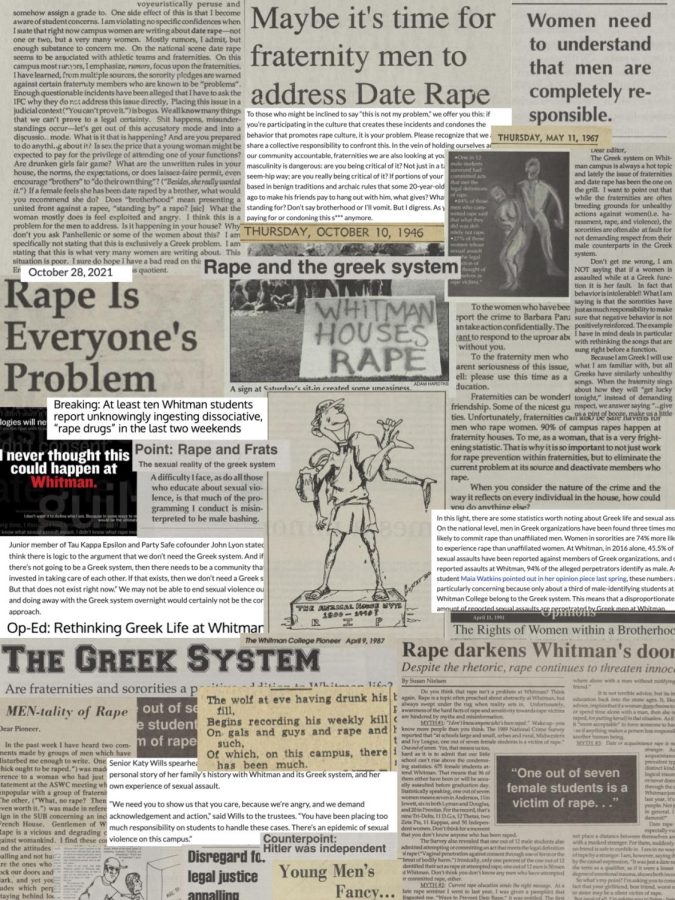As Whitman’s president, I am immensely proud of those students, faculty and staff who stood in solidarity last week on the steps of the Penrose Library in memory of Michael Brown, killed by a police officer in Ferguson, Mo. Thank you for causing our campus to pause and reflect on this tragedy and the larger issue of race and injustice in our society.
Over the past few months we have witnessed shocking incidents in which police officers have stolen the lives of young African American men. That prosecutors have chosen against filing charges in many of these cases should appall any American who believes in the Constitutional right of individuals to “equal justice under law.”
As much as some may believe otherwise, our system of justice does not afford equal justice to all. Race matters. Minorities continue to experience differential treatment by legal officials even to the point of losing their lives to police use of deadly force.
The problem of racial and ethnic disparities in treatment is neither surprising nor new. The causes are complex and do not reduce to simplistic explanations. By all measures African American and Latino men have higher rates of criminal behavior than other groups and are therefore more likely to be arrested and charged for offenses. However, they are also more likely to be convicted upon being arrested than whites because they are disproportionately poor and often cannot afford the most capable legal representation. Finally, many legal officials hold stereotypical views of minority offenders as more dangerous and less remorseful than whites and therefore more culpable for their offenses.
Law enforcement and our legal system exist to protect and serve our communities. With these shootings and a history of differential treatment of minorities, we must ask, “Who are the officials protecting and serving?”


